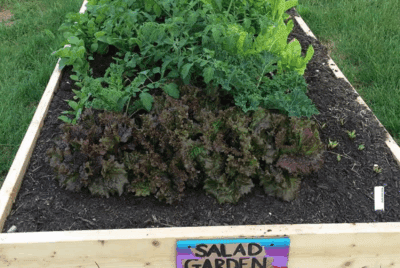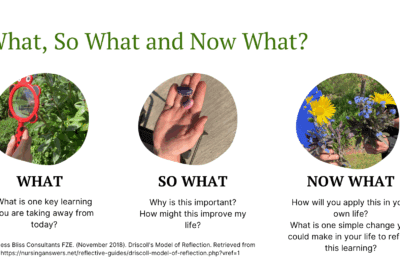RESEARCH
Pilot Evaluation of Horticultural Therapy in improving Overall Wellness in Veterans with History of Suicidality
Summary
This study looked at whether gardening could help veterans who had experienced thoughts of suicide or had attempted suicide. The researchers wanted to see if horticultural therapy (HT), which involves working with plants, could improve their stress, mood, pain, and feelings of loneliness. Twenty veterans participated in the program, which was part of a larger wellness initiative. They attended four weekly 3.5-hour sessions at the New York Botanical Garden. During these sessions, a horticultural therapist guided them in activities like nature walks, journaling, and planting in the garden and greenhouse. To track how the veterans were feeling, the researchers used simple thermometer-like scales where the veterans rated their levels of stress, mood, pain, and loneliness before and after each gardening session. They also compared these simple scales to more detailed, standard questionnaires at the beginning of the program.
The aim of the gardening program was to give the veterans tools to feel more resilient and improve their overall well-being. Each session had a theme, starting with introductions and an overview of how being in nature can be therapeutic. Then, the veterans participated in hands-on activities like planting seeds, making trellises, or creating nature art. They also had time to socialize during lunch and reflect on their experiences at the end of each session. The researchers analyzed the ratings from the thermometer scales to see if there were any changes in the veterans’ stress, mood, pain, and loneliness after each session and over the four weeks.







